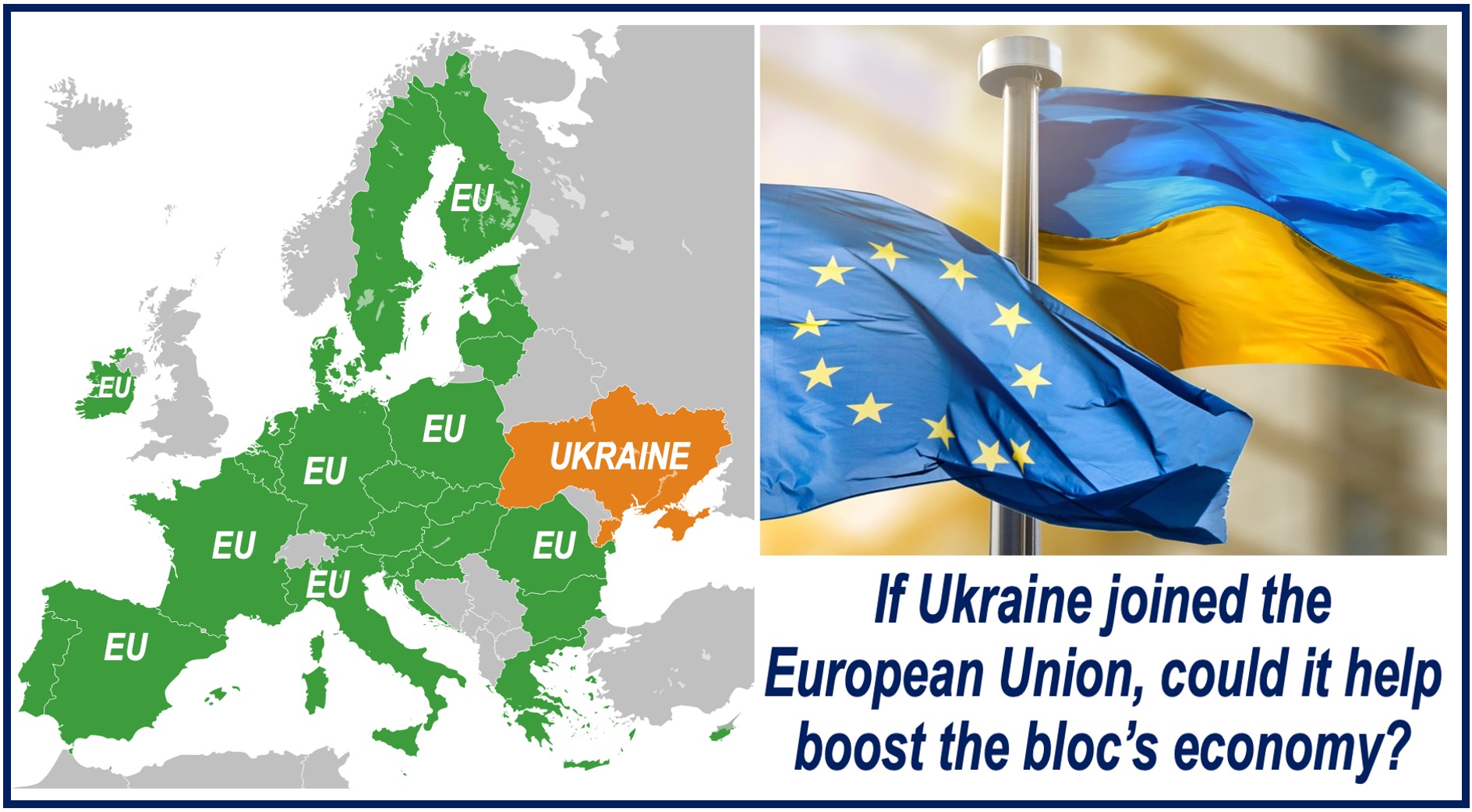There is growing interest in Europe to facilitate Ukraine’s EU Membership, particularly in the face of global geopolitical challenges.
European leaders say that if Ukraine became a member, it would help revitalize the European Union’s (EU’s) economic strength.
Ukraine’s integration could help address vulnerabilities in the EU’s competitiveness and help the region overcome economic stagnation.
A Key Player in the EU’s Economic Future
In a surprise visit to Ukraine on December 1, Antonio Costa, European Council President, said:
“The membership of Ukraine to the European Union could have a positive effect in contributing to addressing vulnerabilities in the competitiveness of the bloc.”
Costa highlighted Ukraine’s contributions in energy, agriculture, defense, and technology.
Additionally, Ukraine’s highly skilled workforce could further enhance the bloc’s productivity and innovation.
Costa added:
“In all of those domains, Ukraine’s contribution, once it becomes a member state, will be very positive for the EU competitiveness.”
These factors align with the recommendations in Mario Draghi’s report, which called for unprecedented investments to address the EU’s economic decline compared to the U.S. and China.

Natural Resources and Agriculture
Ukraine is rich in natural resources, including critical minerals like lithium and uranium, which are essential for green energy and technological industries.
Lithium is a key component in the production of rechargeable batteries in electric vehicles and electronics, while uranium is primarily used as fuel for nuclear power plants to generate electricity and in some cases for medical and scientific applications.
Ukraine is a major exporter of agricultural products, including wheat, corn, barley, sunflower oil, and rapeseed. As an EU member, it could help strengthen to bloc’s food security and export potential.
These assets not only enhance the EU’s internal stability but also improve its standing in global trade.
Energy and Innovation
Ukraine’s energy sector holds the potential to support Europe’s transition to renewable energy, especially as the EU seeks alternatives to fossil fuels.
Ukraine has made significant advancements in defense technology and other industries, which could spur economic growth across the bloc.
The combination of these contributions offers a unique opportunity to bolster the EU’s global competitiveness.
About Ukraine
Ukraine, located in Eastern Europe, has a population of approximately 33.4 million people as of 2024.
The country’s Gross Domestic Product (GDP) is estimated at $184 billion, with a GDP per capita of about $5,181. The official language is Ukrainian.
The country has a diverse economy, with significant contributions from agriculture, industry, and services. It is one of the world’s largest exporters of wheat, corn, and sunflower oil.
As of 2021, Ukraine’s economy was composed of approximately 66% services, 23% industry (including manufacturing), and 11% agriculture.
Since Russia invaded the country in 2022, there has been significant economic disruption, leading to a decline in GDP of almost 30%
Ukraine’s EU Membership – Conclusion
The integration of Ukraine into the EU represents a strategic opportunity to strengthen the bloc’s economy and global standing.
By embracing Ukraine’s vast resources and qualified workforce, the EU can position itself for a more prosperous future.
The road to EU membership is a complex one. However, the potential benefits for both Ukraine and the bloc make it a goal worth pursuing.
